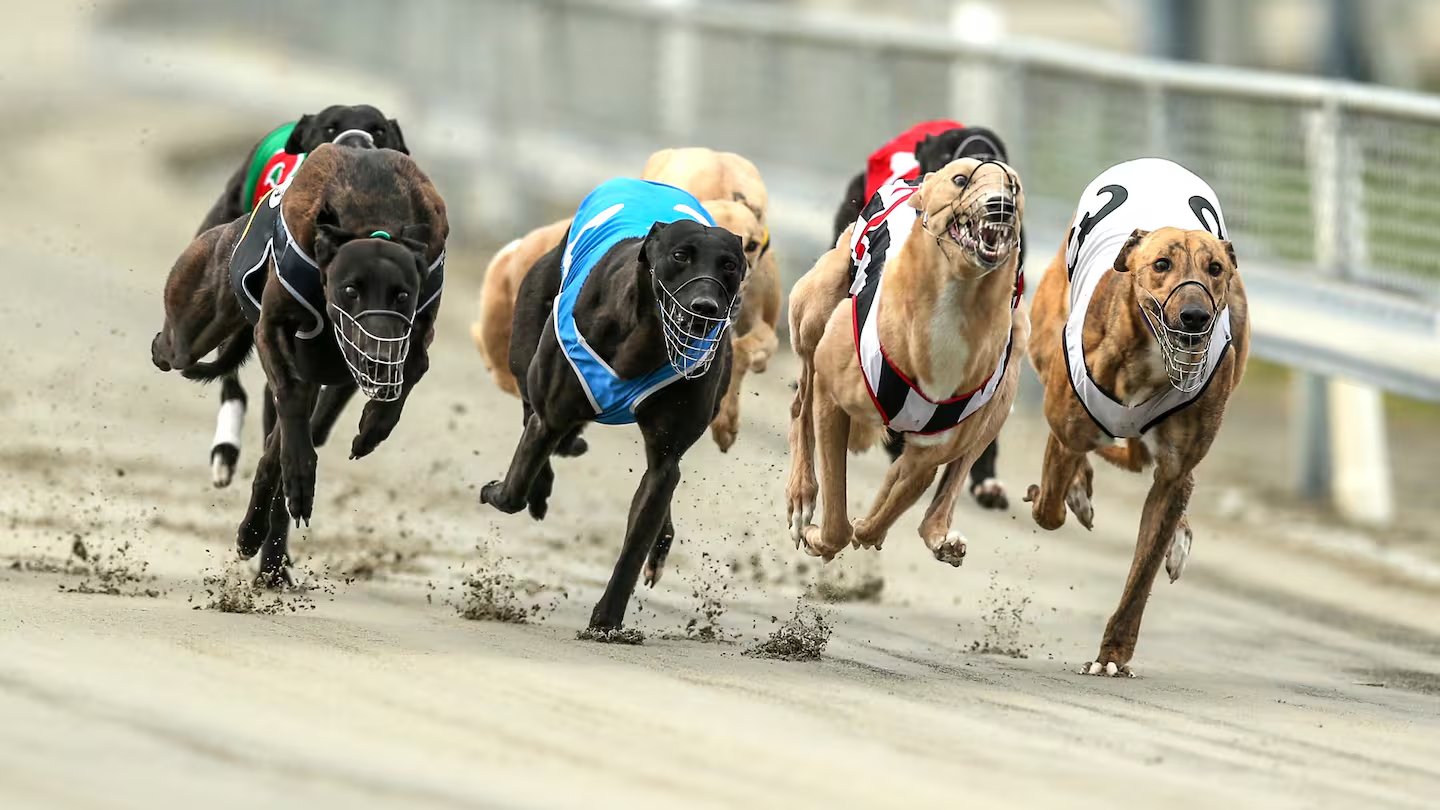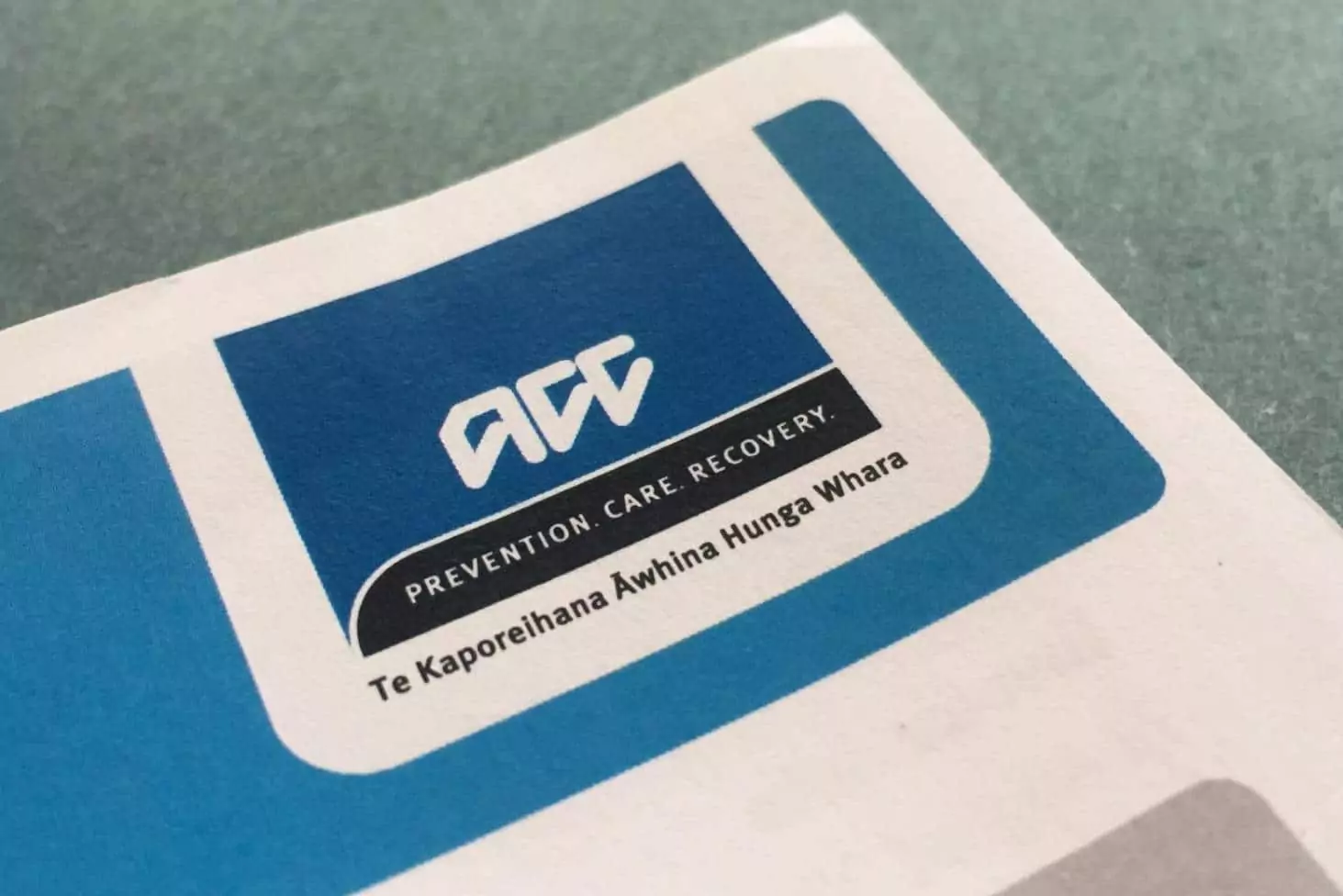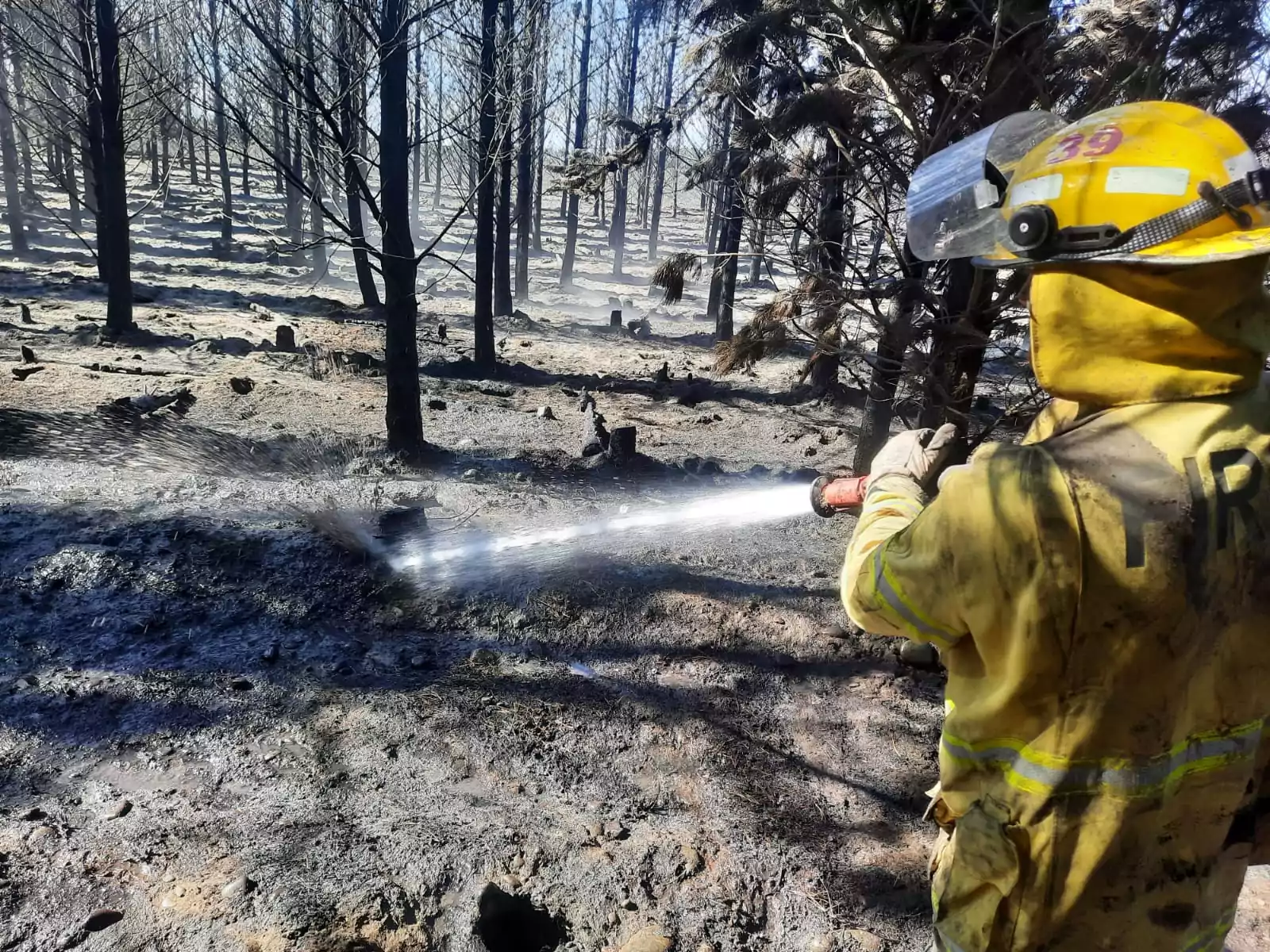The Government’s decision to ban greyhound racing in New Zealand has drawn polarising reactions from animal welfare advocates and the greyhound racing industry.
The decision, announced by Deputy Prime Minister and Racing Minister Winston Peters, marks the end of the sport following a 20-month phase-out period.
Animal rights organisation SAFE hailed the decision as a landmark moment for animal welfare. Campaign Manager Emma Brodie said the ban marks “the end of an era of exploitation” and a long-awaited victory for those advocating for better treatment of greyhounds.
“We are relieved the Government is finally bringing an end to a practice responsible for the prolonged suffering of thousands of dogs,” Brodie said. “Greyhounds will finally have the opportunity to live a life full of love, comfort, and safety.”
SAFE praised the introduction of the Racing Industry (Unlawful Destruction of Specified Greyhounds) Amendment Bill, which will prevent unnecessary euthanasia of racing dogs during the transition period. Brodie said the organisation remains committed to supporting the smooth rehabilitation and rehoming of greyhounds.
“This is a truly historic day for animal rights in New Zealand,” Brodie added. “Together, we have achieved a monumental step forward for animals.”
However, the decision has left Greyhound Racing New Zealand (GRNZ) devastated, with Chair Sean Hannan calling it a “devastating blow” to an industry that, he said, has worked hard to prioritise animal welfare.
“We are extremely disappointed that the Government has not recognised the work the industry has done to address areas of concern,” Hannan said. “To the extent that it now leads the wider racing industry with its commitment to animal welfare.”
GRNZ outlined its efforts to implement stringent regulations around breeding, rehoming, and euthanasia in recent years, stating that these exceeded New Zealand’s animal welfare standards. Hannan argued that the decision ignored significant progress and the industry’s ongoing contributions to animal welfare.
The organisation also highlighted the economic and social impact of the decision, noting that greyhound racing supports over 1,000 jobs and contributes $159.2 million annually to the New Zealand economy.
“This decision is not just about the sport; it affects families, businesses, and communities who have dedicated their lives to caring for and racing greyhounds,” Hannan said.
GRNZ raised concerns about the future of the greyhound breed in New Zealand, warning that it might disappear without the sport.
Hannan called for the Government to reconsider, urging meaningful dialogue to explore the sport’s potential for further evolution under strict oversight.









